Seeking help to overcome an alcohol use disorder is a vital first step toward improving your physical and emotional health. Choosing a supportive, safe environment where providers understand the potential challenges often associated with alcohol detox and withdrawal is essential. Alcohol is highly addictive, and many who choose to stop drinking find they experience difficult withdrawal symptoms as part of their sobriety journey. A medically-assisted detox program can help you manage withdrawal challenges, allowing you to focus on healing from addiction.
How Addictive is Alcohol?
Alcohol is a legal “drug,” so many people may not realize how addictive it is. Some statistics suggest alcohol is more addictive than most illicit drugs. When consumed in small qualities, alcohol can induce calm and help you relax. It is also effective for reducing inhibitions in social situations. The changes to behavior after drinking alcohol occur because alcohol changes your brain and body function. Specifically, it changes how the brain produces and releases the chemical dopamine. Dopamine is a naturally occurring chemical in the body responsible for feelings of pleasure or happiness.
Dopamine is also an effective “natural” painkiller. Drinking causes dopamine levels in the body to rise to levels that cannot be achieved under normal circumstances. When the effects of alcohol wear off, so too do the pleasurable effects of the dopamine rush. Because the body cannot duplicate the same feelings without the help of alcohol, it leads people to want to drink more often and in higher quantities to maintain the emotional response provided by alcohol. This pattern of drinking can lead to alcohol dependency and, in time, alcohol addiction.
What are the Signs of Alcohol Withdrawal?
The process of withdrawing from alcohol typically involves a wide range of symptoms which can vary in intensity from mild to dangerously life-threatening. Several factors contribute to how severe your symptoms may be, including your current relationship with alcohol and your history with addiction treatment. Typically, someone with a long-term alcohol use disorder is likely to experience significant withdrawal symptoms compared to someone who has not engaged in years of heavy drinking.
Mild alcohol withdrawal symptoms may include stomach upset, sleeping problems, sweating, headaches, and increased anxiety. For those with severe withdrawal symptoms, disorientation, tremors, hallucinations, and potentially life-threatening seizures and delirium tremens (DTs) may occur. Although DTs may not happen in every case, they are the most severe alcohol withdrawal symptom, and without medical care and intervention, they can lead to deadly medical complications.
What is the Alcohol Detox Timeline?
The onset of alcohol withdrawal symptoms can occur in as little as two hours after your last drink. In most cases, the worst withdrawal symptoms subside within a week. However, some can last for up to a year or more. Unfortunately, the process of detox and withdrawal is unique to the person. Therefore, it is impossible to predict precisely which symptoms each person may experience and how long they will last. However, there are general guidelines that apply in many cases.
6-12 hours after your last drink
During this time, the first symptoms of alcohol withdrawal appear. They are generally mild but, depending on the severity of your addiction, will worsen as time goes on. Early withdrawal signs at this stage include headaches, nausea, shaking, anxiety and moodiness.
12-24 hours after your last drink
During the first 24 hours of detox, withdrawal symptoms often worsen, and new symptoms appear. You will still experience the above symptoms, along with tremors, disorientation, and seizures.
Days Two through Seven
The remaining days in the week after your last drink are typically similar to days one and two. You may notice new symptoms (in addition to those above) such as panic attacks and hallucinations. As the week progresses, symptoms will come and go and range in severity from mild to intense and overwhelming. It is essential to mention that the first week of withdrawal is when you are at the most significant risk of experiencing DTs and other dangerous withdrawal symptoms.
After Week 1
Most withdrawal symptoms begin to subside at the end of the first week, although some minor symptoms may persist for several weeks. Most of the remaining symptoms are usually minor and easily managed. Medically assisted withdrawal programs ensure you can avoid potentially serious complications while helping you manage potentially challenging withdrawal symptoms safely and effectively.
How to Find an Alcohol Detox Center in Southern California
If you are ready to take the first steps towards lasting sobriety, an alcohol detox center in Southern California can help. To learn more about our medically-assisted detox and alcohol treatment programs, contact a member of our team at Ocean Coast Recovery Center today.





